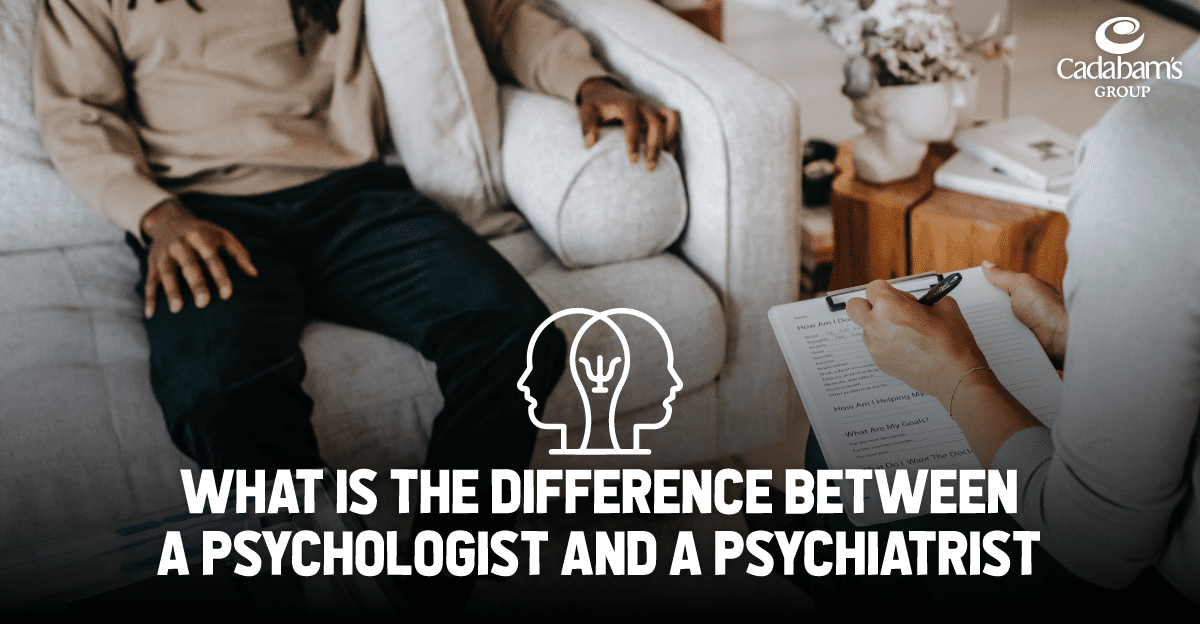How to Select the Best Psychologist in Delhi for Personalized Therapy
How to Select the Best Psychologist in Delhi for Personalized Therapy
Blog Article
Psych Treatment: A Comprehensive Guide to Results and strategies

Cognitive-Behavioral Therapy
Cognitive-Behavioral Treatment (CBT) is a widely utilized psychotherapeutic approach that concentrates on recognizing and customizing inefficient thinking and habits patterns. Established in the 1960s by Aaron T. Beck, CBT incorporates cognitive and behavior concepts to resolve different mental health issues, including clinical depression, anxiety, and stress-related problems. The property of CBT is that maladaptive thoughts add to psychological distress and maladaptive actions. By restructuring these ideas, individuals can accomplish substantial renovations in their emotional wellness and everyday performance.
Methods such as cognitive restructuring, exposure therapy, and skill-building exercises are frequently utilized. Cognitive restructuring entails difficult and changing adverse thought patterns, while direct exposure treatment intends to reduce anxiety and stress and anxiety through gradual direct exposure to feared items or scenarios.
Evidence-based study sustains the efficiency of CBT for a variety of psychological disorders - Best Psychologist in Delhi. Its focus on skill acquisition and self-help methods empowers clients to proceed progression independently after treatment wraps up. The flexibility and effectiveness of CBT have actually made it a cornerstone in contemporary psychotherapeutic method
Psychodynamic Techniques
Rooted in the very early theories of Sigmund Freud, psychodynamic methods concentrate on checking out the subconscious mind and its impact on habits and feelings. These approaches intend to reveal concealed ideas and sensations that may be driving maladaptive habits and emotional distress. Central to this method is the principle of inner dispute, frequently stemming from unsolved past experiences, particularly those from childhood.
Therapists making use of psychodynamic strategies employ numerous vital methods, consisting of totally free association, where patients are motivated to talk easily to expose subconscious material, and dream evaluation, which analyzes the unexposed material of desires. Additionally, the exploration of transference and countertransference characteristics within the therapeutic partnership is critical. These interactions can supply understandings right into the patient's inner world and relational patterns.
Psychodynamic treatment is commonly longer-term contrasted to other modalities, providing a deep and thorough understanding of the person's mind. Research study shows that it can be specifically reliable for intricate mental health concerns, such as individuality problems and chronic clinical depression. By fostering self-awareness and psychological understanding, psychodynamic treatment seeks to bring unconscious material to awareness, allowing people to achieve meaningful and long-term change in their lives.
Humanistic Methods
Structure on the foundations laid by psychodynamic approaches, humanistic methods use a distinctive perspective concentrated on specific prospective and self-actualization. Coming from the mid-20th century, these strategies prioritize the intrinsic benefits and development capacity of people, highlighting an all natural sight of human experience. Key figures such as Carl Rogers and Abraham Maslow have actually considerably affected this restorative technique, which incorporates techniques like client-centered treatment and Gestalt therapy.
Client-centered treatment, developed by Rogers, plays an essential duty in humanistic strategies. The specialist's duty is even more of a facilitator than an authority, urging clients to harness their inner sources for healing.
Gestalt treatment, one more vital humanistic technique, stresses existing minute awareness and the integration of mind and body. By concentrating on the "here and now," clients acquire better insight into their current feelings and habits. Techniques such as role-playing and directed visualization are frequently utilized to aid clients get a much deeper understanding of themselves, eventually bring about boosted self-awareness and satisfaction.
Integrative Treatments
Integrative therapies represent a synthesis of various healing methods tailored to satisfy the unique needs of each client. This approach acknowledges the complexity of human psychology and the complex nature of psychological health problems. By integrating components from various schools of psychiatric therapy-- such as cognitive-behavioral treatment (CBT), psychodynamic therapy, and humanistic approaches-- integrative treatments use an even more flexible and all natural therapy standard.
Specialists of integrative therapy examine each customer's particular needs, signs and symptoms, and individual history to create a customized treatment plan. This individualized navigate to this site approach boosts the possibility for healing success by dealing with the origin of mental distress and advertising total wellness. Strategies could consist of mindfulness workouts, cognitive restructuring, and psychological processing, each selected to target various elements of the client's concerns.
Moreover, integrative treatments emphasize the healing relationship, viewing the client-therapist bond as an important element of efficient treatment. This partnership promotes an encouraging setting where clients really feel risk-free to discover and resolve their concerns. The flexibility of integrative therapies makes them suitable for a broad variety of conditions, consisting of anxiety, anxiety, injury, and interpersonal problems, therefore boosting their applicability and performance in varied scientific setups.

Measuring Treatment Results
Evaluating the efficiency of psychotherapy is essential for both medical professionals and clients to guarantee that the therapy is generating the wanted outcomes. To achieve this, numerous approaches and tools are utilized to gauge therapy internet results methodically. Standard analysis instruments, such as the Beck Depression Inventory (BDI) and the Generalized Anxiousness Problem 7 (GAD-7), give quantitative information on signs and symptom seriousness and changes gradually.
Along with standard tools, qualitative approaches like customer self-reports and clinical meetings use useful insights right into the personal experiences and regarded development of customers. Routinely scheduled analyses, usually at the start, middle, and end of treatment, assistance in tracking the trajectory of improvement or recognizing locations requiring modification.
End result dimension is not limited to symptom reduction; it likewise includes useful renovations in day-to-day live, such as better interpersonal connections, raised job efficiency, and improved general health. Modern advancements in electronic wellness have actually introduced mobile applications and online platforms that assist in real-time surveillance and comments, even more fine-tuning the evaluation process.
Ultimately, a thorough approach to gauging treatment results ensures that therapeutic interventions work, efficient, and tailored to fulfill the individual requirements of customers, therefore maximizing the overall restorative experience.
Final Thought
Humanistic methods concentrate on individual development and self-actualization, while integrative therapies integrate multiple methods for customized therapy strategies. Evaluating treatment outcomes with qualitative techniques and standardized analyses makes certain a detailed understanding of efficiency, ultimately directing clients towards sustaining psychological wellness renovations.
From the structured method of Cognitive-Behavioral Treatment (CBT) to the deep important site exploration of the subconscious in psychodynamic therapy, each approach brings one-of-a-kind advantages. Its emphasis on skill purchase and self-help methods empowers customers to proceed progression separately after treatment ends (Best Psychologist in Delhi). Trick figures such as Carl Rogers and Abraham Maslow have actually significantly affected this therapeutic technique, which incorporates methods like client-centered treatment and Gestalt therapy

Report this page